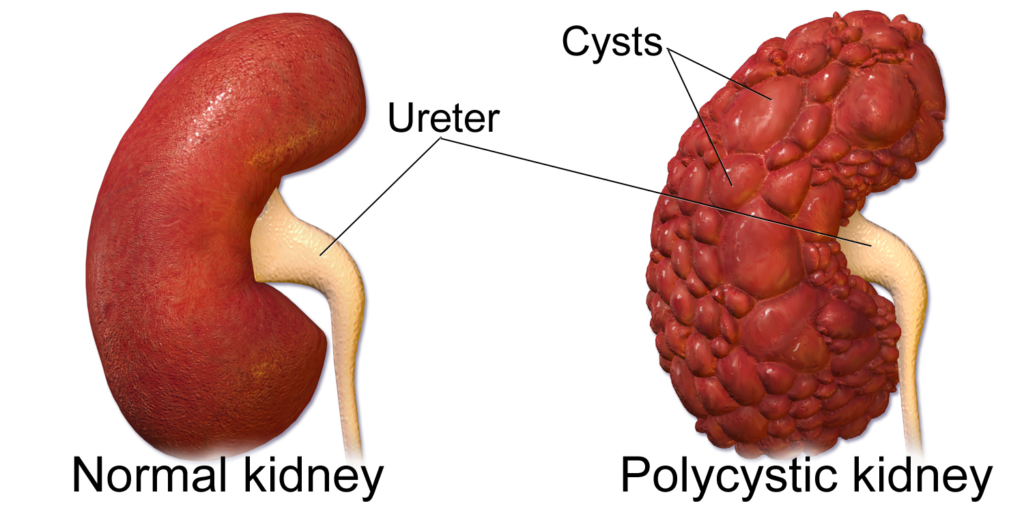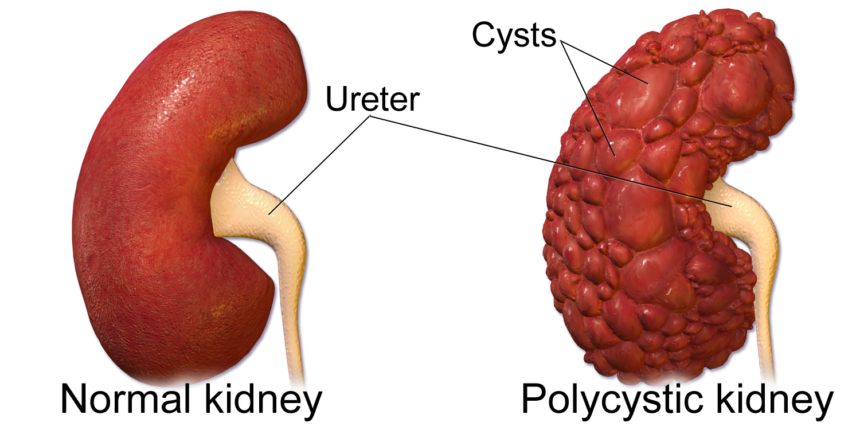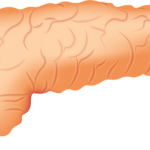The kidneys are vital organs that play a crucial role in filtering waste products from the blood and regulating electrolyte balance. Kidney cysts are fluid-filled sacs that can form in the kidneys. Simple kidney cysts are the most common type of kidney cyst and are usually benign. In this blog, we will discuss what simple kidney cysts are, their causes, symptoms, and treatment options.

What are Simple Kidney Cysts?
Simple kidney cysts are fluid-filled sacs that form in the kidneys. They are usually small, round, and have a smooth, thin lining. Simple kidney cysts are non-cancerous and do not require treatment unless they cause symptoms or complications.
Simple kidney cysts are more common in people over the age of 50 and are more common in men than women. They can occur in one or both kidneys and may be single or multiple.
Causes of Simple Kidney Cysts
The exact cause of simple kidney cysts is unknown, but researchers believe they result from the normal aging process. As we age, the kidneys undergo changes that make them more susceptible to the formation of cysts.
An inherited condition called autosomal dominant polycystic kidney disease (ADPKD) can also cause simple KC. ADPKD is a genetic disorder that causes multiple cysts to form in the kidneys, leading to kidney failure in some cases.
Symptoms of Simple Kidney Cysts
Most people with simple kidney cysts do not experience any symptoms and may not even know they have them. However, if the cysts grow larger or if they cause complications, they may lead to the following symptoms:
- Pain or discomfort in the back or side
- High blood pressure
- Urinary tract infections
- Blood in the urine
- Difficulty emptying the bladder
- Reduced kidney function
Diagnosis of Simple Kidney Cysts(KC)
Incidental discoveries of simple KC often occur during an imaging test, such as an ultrasound, CT scan, or MRI. If your doctor discovers a kidney cyst, they may order additional tests to determine the size and location of the cyst, as well as to assess kidney function.
Treatment of Simple Kidney Cysts
Regular monitoring can manage most simple KC, and they typically do not require treatment. Your doctor may recommend follow-up imaging tests to monitor the size and growth of the cysts over time.
If the cysts are causing symptoms or complications, treatment options may include the following:
Drainage:
In certain instances, healthcare providers may drain the cysts by inserting a long, thin needle through the skin and into the cyst. Under local anesthesia, healthcare professionals typically perform this procedure, known as aspiration, to temporarily alleviate symptoms.
Surgery:
If the cysts are large or causing significant symptoms, your doctor may recommend surgery to remove the cyst or part of the affected kidney. Surgery may also be necessary if the cysts are cancerous or suspected to be cancerous.
Sclerotherapy:
During sclerotherapy, the healthcare provider injects a special medication into the cyst to induce shrinkage. Doctors usually reserve this treatment for large cysts that cause symptoms or complications.
Prevention of Simple Kidney Cysts
Since the exact cause of simple KC is unknown, there are no specific ways to prevent them from forming. However, maintaining a healthy lifestyle, including regular exercise, a balanced diet, and avoiding smoking and excessive alcohol consumption, may help reduce the risk of developing KC.
In conclusion, simple kidney cysts are a common condition that typically do not require treatment. If you experience symptoms or complications, there are various treatment options available. If you are concerned about the health of your kidneys, talk to your doctor about regular kidney function tests and imaging tests to monitor for the presence of KC or other kidney conditions.











